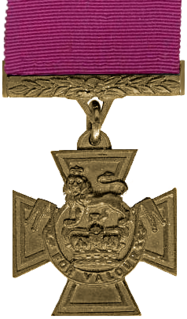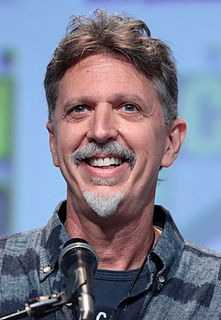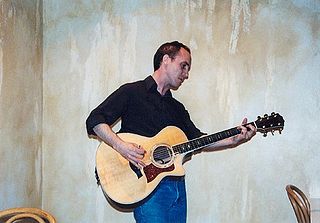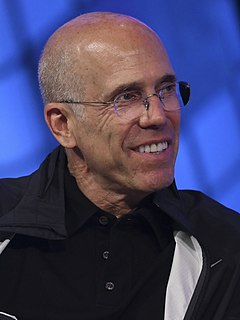A Quote by Harlan Ellison
I'm a storyteller. If I have that on my precis when I go, 'Storyteller,' I'm satisfied with that.
Quote Topics
Related Quotes
Working with Robert, Robert [Elswit] is a storyteller. He's not a cinematographer, he's a storyteller. And to me, that's the graduation I hope to get to in my profession. That I'm not just an actor, I'm a storyteller. And I think that takes a long time in, when you have one job on a movie set. Makeup artists, actor, whatever. To graduate from just that to storyteller.
Now, the relationship the storyteller has with the audience is a much higher quality relationship. You treat them with a lot more intelligence because the truth is that it's not my fault if you don't know what's going on. There are plenty of ways for you to find out. You can talk to all kinds of people, and you've got access to all this information. The onus is no longer on us, as a storyteller, to tell you. You can go out and find out yourself.






































